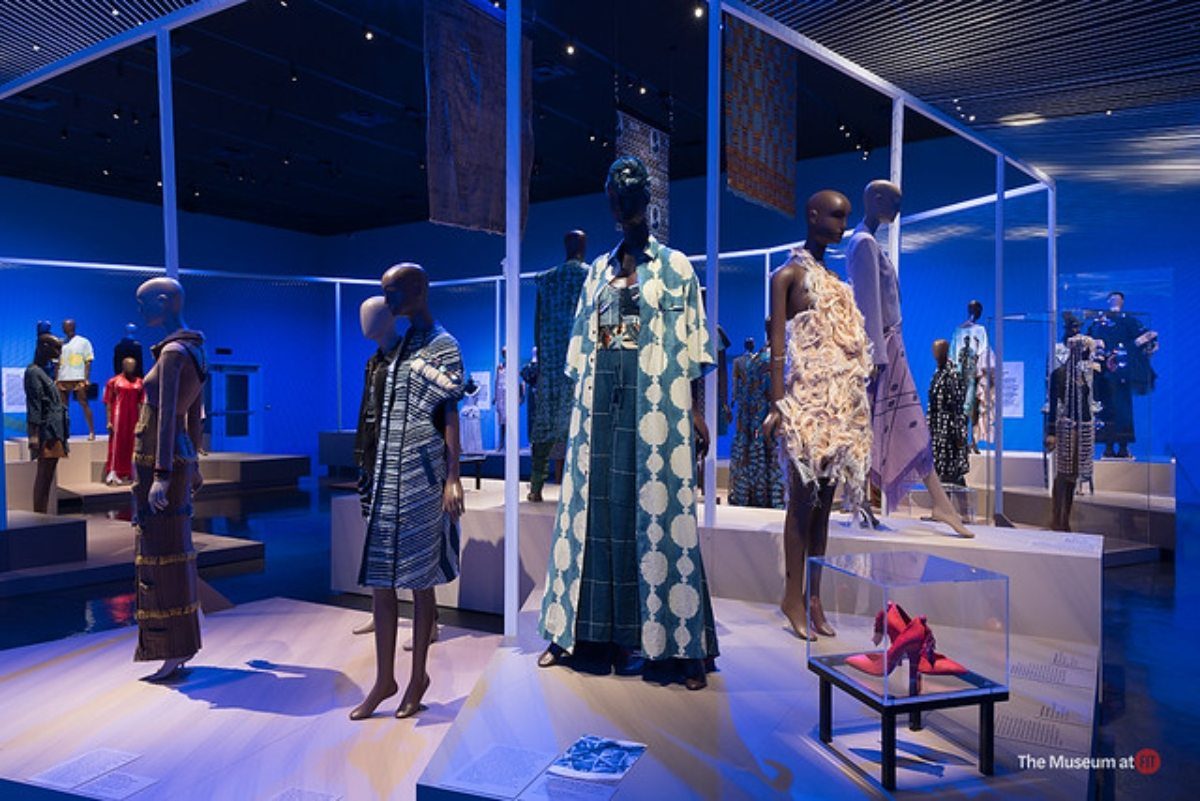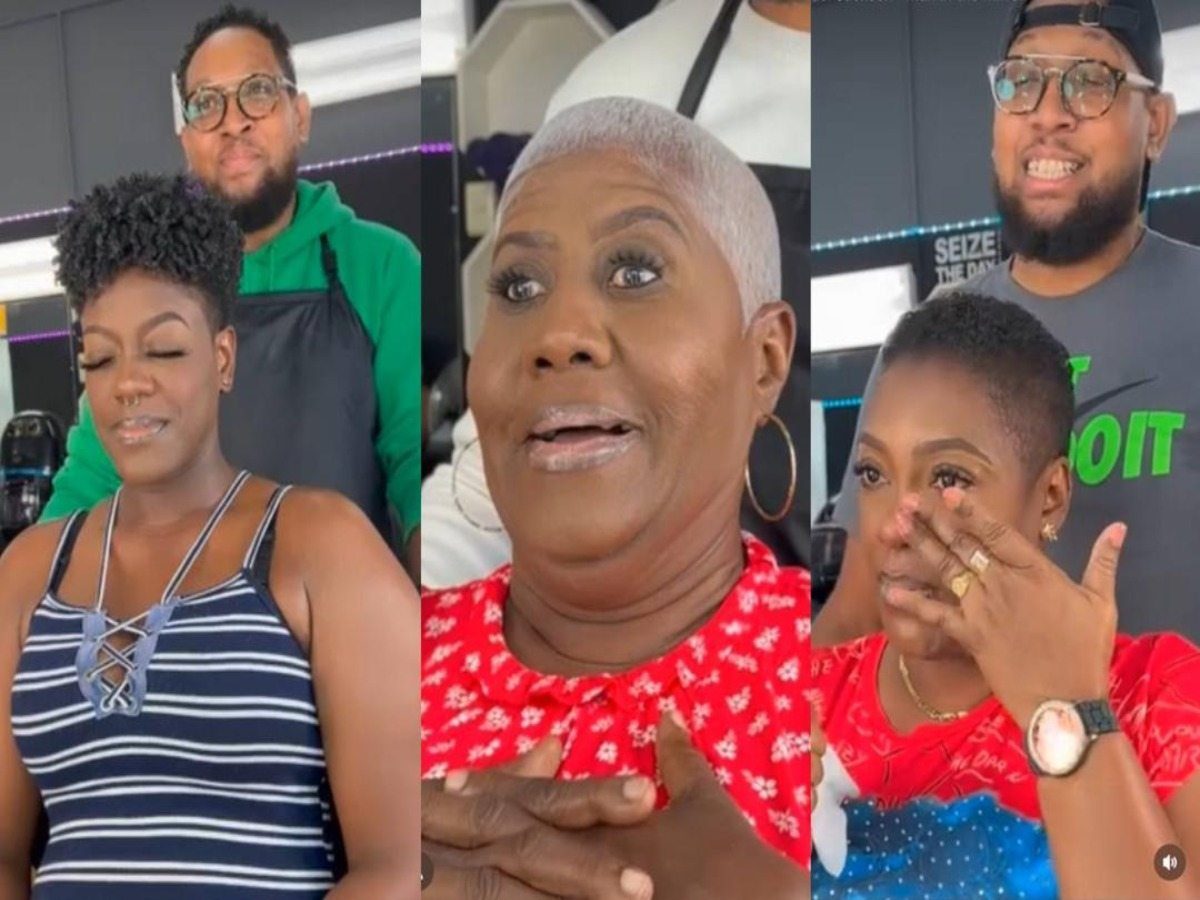Africa’s Fashion Diaspora is a revolutionary exhibition that delves into the global impact of fashion within the Black diaspora. This exhibition is the first of its kind, presenting fashion as a form of cultural dialogue that transcends borders. It’s scheduled from September 18, 2024 to December 29, 2024 at the Museum at the Fashion Institute of Technology, New York.
Featuring 60 ensembles and accessories by Black designers from Africa, Europe, the Americas, and the Caribbean, the exhibition illustrates how these creators use their art to engage with both their own cultures and the broader Black diaspora.
The exhibition builds on a long-standing concept proposed by thinkers like W.E.B. DuBois, Frantz Fanon, Kwame Nkrumah, and Paul Gilroy—Black people across the world are connected through shared cultural networks. Although separated by geography, language, and even religion, these communities have built common identities, expressed through movements like Pan-Africanism and Afrocentricity. This exhibition moves the conversation forward, revealing how 20th- and 21st-century fashion designers contribute to these dialogues by blending tradition and innovation in their work.
One of the exhibition’s central themes, “Reaching for Africa,” looks at how Black American designers, such as Patrick Kelly and Arthur McGee, have sought to connect with Africa through their work. These designs, ranging from the 1960s to the present, reflect a desire to repair the cultural disconnections caused by the African diaspora. They also celebrate African heritage and emphasize the solidarity between Black communities worldwide.
In “Mothers and Motherlands,” the exhibition examines how family, tradition, and lineage shape Black fashion design. South African designer Thebe Magugu’s 2023 Mother and Child dress honors Tswana motherhood traditions, while Fabrice Simon’s work in the 1980s straddled his Haitian roots and his experiences in New York. Simon’s use of traditional Haitian beading techniques in modern designs offers a fresh interpretation of heritage.
“A Black Atlantic” focuses on the shared inspirations designers find across Black cultures in different regions. Olivier Rousteing, creative director at Balmain, drew from the legacy of Black American cowboys for his 2021 collection, while the Ivorian brand Kente Gentlemen’s The Birth of Cool line looks to the influence of iconic musicians like Fela Kuti and Miles Davis. This section highlights how fashion crosses borders, mirroring the migration and exchange of cultural ideas.
“Monumental Cloth” underscores the significance of textiles in Black fashion. Designers like Pathé’O of Côte d’Ivoire, Nigeria’s Emmanuel Okoro of Emmy Kasbit, and Aurora James of Brother Vellies in the U.S. work with weavers and dyers to create contemporary fabrics with roots in traditional practices. This emphasis on craftsmanship showcases how African textile traditions are being reinterpreted for the modern world.
In the section titled “Tun Yuh Han Mek Fashan,” a phrase from Jamaican patois meaning “make something out of nothing,” the exhibition turns to sustainability. Kenyan brand Nairobi Apparel District upcycles secondhand garments into vibrant streetwear, while designer Dyandra Raye uses vegan materials, like pineapple-based Piñatex, for her Jo-Anne Vernay shoe line. These designers exemplify the resourcefulness that has long characterized Black fashion communities.
“Ubuntu,” a concept of African humanism that emphasizes compassion and community, is another theme of the exhibition. Designers such as Tracy Reese, who works to rejuvenate Detroit through her sustainable fashion line, and Akosua Afriyie-Kumi, who ensures fair wages for the raffia weavers she employs for her AAKS accessories brand, highlight how fashion can drive social and economic change.
Ultimately, Africa’s Fashion Diaspora positions fashion as an essential part of the conversation on Black cultural identity and global solidarity. By showcasing the work of designers who pull from both local and international influences, the exhibition celebrates the unique and interconnected stories of Black communities around the world. Fashion, in this context, becomes a medium not only for creativity but for building and sustaining cultural ties across the diaspora.










